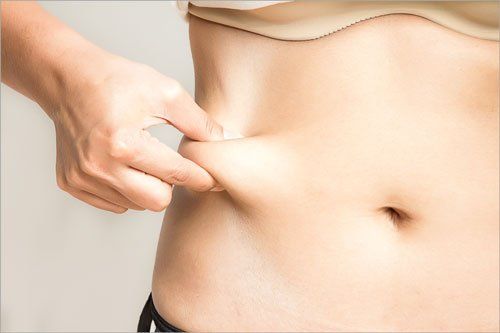The Truth About Liposuction
Few cosmetic procedures are as well-known as liposuction. In some circles, liposuction is essentially a household word. However, a lot of the so-called information that gets passed along about liposuction is more myth than fact. Liposuction is not a magic weight-loss miracle, it is not always performed under general anesthesia, and most patients do not take months to recover from the procedure.
Below, you will discover four real facts about liposuction, along with some more details to help you determine if this procedure is right for you.
1. Liposuction Is Not a Ticket to Permanent Weight Loss
You may have seen television programs in which an obese character goes in for liposuction and emerges suddenly svelte and trim. This is not a real-life portrayal of liposuction. The procedure is not a long-term weight loss solution. Rather, it is best used after a patient has attempted to lose weight through diet and exercise yet still has isolated pockets of fat in certain areas.
Liposuction can reduce muffin tops, love handles, and other unwanted pockets of fat under the skin, but it does not touch visceral fat, which is the fat that surrounds your vital organs. To enjoy the health benefits of weight loss, you need to focus on losing visceral fat via diet and exercise. Liposuction is an additional cosmetic step.
The results of liposuction are also not necessarily permanent. You can gain weight and develop fat again after the procedure if you do not continue with a healthy diet and exercise.
2. Liposuction Is Often Performed Under Local Anesthesia
Some patients avoid liposuction because they are afraid of being put under general anesthesia. While there are some exceptions, mainly for patients who need a large amount of fat removed from a large area, many liposuction procedures are performed with the patient awake.
You'll be given a local anesthetic to numb the area and perhaps a sedative to keep you calm. Most liposuction procedures are out-patient procedures, which means you can return home after a brief observation period rather than recovering in the hospital.
3. Liposuction Recovery Is Usually Straightforward
You may have heard horror stories about patients dealing with terrible pain and spending weeks in bed after liposuction. While every patient recovers differently, understand that a difficult recovery is an exception to the rule — not the average experience.
Most patients can go back to work a few days after liposuction. Bruising and swelling subside over a period of several weeks and can be managed with pain relievers and rest. You may have some drains placed beneath the skin to collect blood and fluid, but your surgeon will show you how to care for these drains.
4. Liposuction Is a Surgical Procedure
Because only small incisions are made, liposuction is sometimes mischaracterized as a nonsurgical procedure. However, it does involve incisions and insertion of surgical instruments under the skin, so liposuction is, indeed, surgery. Therefore, not everyone is a candidate. If you are considering liposuction, your surgeon will have to review your health history and conduct some tests to make sure you are healthy enough for the procedure.
Good candidates for liposuction are nonsmokers, are within 30 percent of their ideal weight, and do not have any medical conditions that might impede their healing process. If your surgeon feels that liposuction would be too risk for you, they will not agree to the procedure.
Now that you know a little more about liposuction, make an appointment with a cosmetic surgeon, like Ronald C. Barry, MD. Your surgeon can answer any additional questions you may have about liposuction and let you know if it's a safe option for you.





